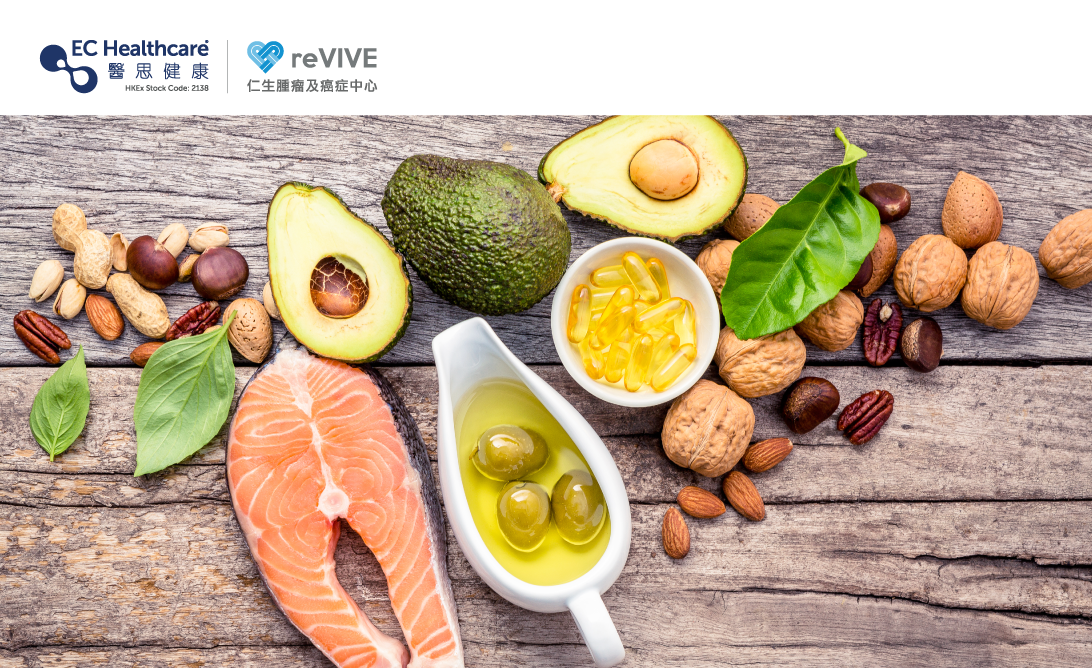Surprising Superfood: Avocado - Fat-Rich, Yet Heart-Protective and Cancer-Fighting


Avocado, often considered a high-fat food, is actually a nutrient-dense superfood. While its fat content may raise eyebrows, it primarily consists of monounsaturated fatty acids, which are considered healthy fats. These fats can increase the levels of high-density lipoprotein (HDL) cholesterol, commonly known as "good cholesterol," in the body. Numerous studies have demonstrated that avocados can lower the risk of cardiovascular diseases. However, some concerns linger about its calorie density and potential for weight gain.

In a bid to address common queries, Taiwanese nephrologist Dr. Chiang Shou-shan recently shared an enlightening study on his social media. Published in the 2022 edition of the Journal of the American Heart Association, this research involved collaboration between researchers from Pennsylvania State University, Tufts University, and other institutions. They conducted a six-month randomized controlled trial with 1,008 overweight or obese participants. Half of the subjects consumed one avocado daily, while the others maintained their usual dietary habits.
After six months, researchers evaluated various metrics including cholesterol levels, insulin sensitivity, body weight, and blood sugar among the participants. The results were remarkable: those who consumed one avocado daily experienced a reduction in low-density lipoprotein (commonly known as "bad cholesterol"). Although it did not directly affect abdominal fat or metabolic function, the high-fat nature of avocados did not contribute to weight gain among the participants.
According to Joan Sabaté, one of the researchers involved, the study showcased the surprising fact that consuming avocados does not contribute to weight gain. In fact, it was found that incorporating this fruit into one's diet can enhance overall nutrient intake, leading to a more nourished lifestyle. Furthermore, the research indicates that avocados have the potential to reduce the risk of various diseases, including heart disease, type 2 diabetes, and even certain types of cancer.
While avocados offer a plethora of health benefits, it's important to be mindful of their higher fat content compared to other foods. To strike a balance, it is recommended to consume avocados in moderation. One avocado per day is sufficient, and it's advisable to avoid pairing it with other fatty foods to prevent unintentional calorie overload and subsequent weight gain. Furthermore, if you notice any signs or symptoms of cancer, it's crucial to promptly seek advice from a specialist doctor. Seeking timely medical attention ensures accurate evaluation, examinations, and appropriate treatment.







